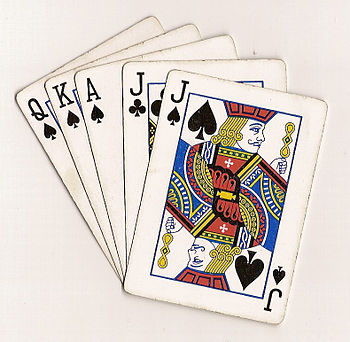 In honor of Martin Luther King Day, I took some time to read through some of the many things he had to say. He had a lot of things to say. About a lot of things. Some of them strike a chord with me in my work in resolving legal disputes for clients. Dr. King was a preacher, and of course he also became a social issue activist. So the legal issues he dealt with were much more on the societal level than the individual legal disputes I help clients with. But I find some of his comments to be relevant to my work as well.
In honor of Martin Luther King Day, I took some time to read through some of the many things he had to say. He had a lot of things to say. About a lot of things. Some of them strike a chord with me in my work in resolving legal disputes for clients. Dr. King was a preacher, and of course he also became a social issue activist. So the legal issues he dealt with were much more on the societal level than the individual legal disputes I help clients with. But I find some of his comments to be relevant to my work as well.
“Man must evolve for all human conflict a method which rejects revenge, aggression and retaliation. The foundation of such a method is love.”
We are very fortunate in this country that we have developed a means of resolving legal disputes that is based on people’s rights under the law, as opposed to physical aggression, revenge and retaliation. When conducted in good faith, litigation determines people’s legal rights and responsibilities in a civilized way. And while the process can certainly be challenging, and is imperfect, it is so much better than the alternative that “might makes right.”
“Let no man pull you so low as to hate him.”
“Never succumb to the temptation of bitterness.”
“There is some good in the worst of us and some evil in the best of us. When we discover this, we are less prone to hate our enemies.”
Legal disputes can sometimes generate very strong emotions. But I have found that when parties to a legal dispute are bitter toward their opponent, or hate them, those emotions often cloud their ability to think clearly about the issues and the possible resolutions. Continue Reading













